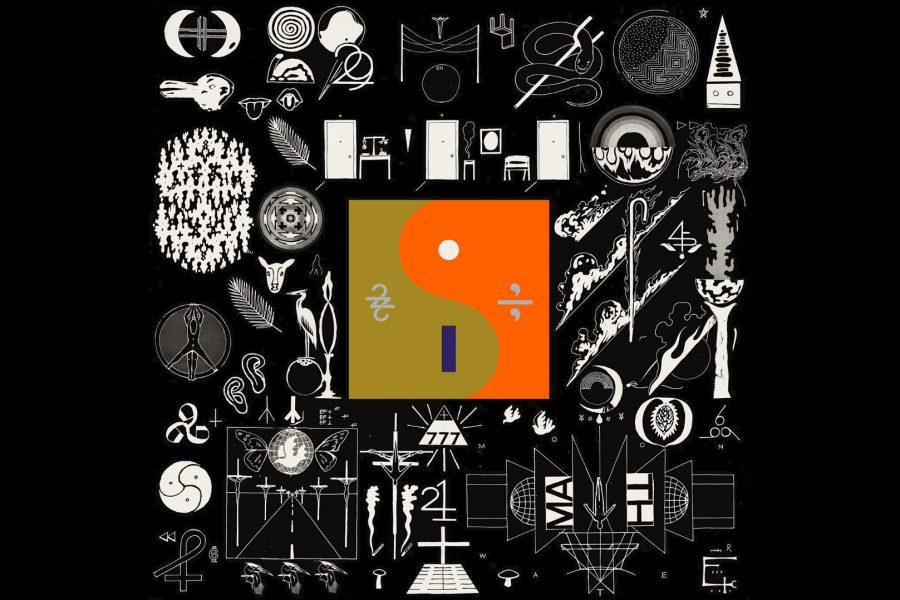Benner’s B-Sides: ’22, A Million’ brings experimentation to the mainstream
Bon Iver’s latest album “22, A Million” is one of 2016’s most exciting musical releases. The album has an unconventional sound as it features the use of sampling, synthesizers, and cryptic lyrics.
Nine years ago, Bon Iver released their first album, “For Emma, Forever Ago,” which set a new benchmark for indie folk and acoustic music in general. In 2016, Bon Iver released their third album, the incredible “22, A Million.” The latest album is a drastic departure from this early stripped-down sound.
Bon Iver is the project of visionary musician Justin Vernon, and on “For Emma, Forever Ago,” Vernon is showcased as a man secluded in his own thoughts with only a guitar as a means of expression. “For Emma, Forever Ago” is highly introspective and emotional, and its beauty comes from its simplicity in instrumentation and production.
In 2011, Vernon reinvented his sound with the release of the self-titled album “Bon Iver.” This project abandoned his acoustic roots and focused on creating lush soundscapes and songs that were more experimental in nature. This new approach met acclaim from both critics and audience members, and both parties were eager to see how Vernon would further reinvent himself on his next project.
Little did the world know, they would have to wait five long years after 2011 for the next Bon Iver album. Vernon seemed to disappear completely while working on the new material and resurfaced this year with news of a new album titled “22, A Million.” The album was to be debuted in a live setting at Vernon’s own music festival, Eaux Claire, in August and released to the public Sept. 30.
“22, A Million” defied all critical and audience expectations upon release. Its experimentation was refreshing and exciting compared to other releases this year. The song titles generated a lot of buzz as they are symbols and numbers that have no definite pronunciation or meaning. Each song was also released with accompanying artwork and a visual lyric video.
The most surprising feature of the album was Vernon’s use of synthesizers to change the tone and the sound of his voice. This artistic choice transformed his voice into a layer of the intricate soundscapes he created on the album. Rather than using his voice solely for vocals, it became an instrument in itself.
While “22, A Million” sounds radically different from the rest of Bon Iver’s discography, it contains the familiar themes of angst, depression, longing, and philosophy. Vernon seems to be concerned with the course of his life and mortality, as well as his rapid rise to fame. In the song “22,” he confesses to making art only for himself and trying to live his life, but he fears that his artistic freedom may come to an end in the near future.
The song “33” begins Vernon’s discussion of religion and spirituality on the album as he questions if he really needs religion in his life. As with many of the tracks, the number featured in the title of the song has a deeper meaning. In “33,” the number is likely a reference to the age of Jesus when he was crucified and has ties to Christianity.
The trend is continued with the song “666” that also references religion, as it is the devil’s number, and Vernon’s quest for truth and struggle to believe in God.
Vernon’s spiritual and intellectual journey culminates in the closing track “00000 Million,” where he comes to a realization about the way he is living his life. He concluded that he was living in such a way that he was not fully present and aware of the wonderful things happening around him. Vernon decides to take control of his life once more through religion and to live his life in a more fulfilling and simple way.
“22, A Million” is one of 2016’s most innovative and exciting records. The long absence of Bon Iver, the willingness to experiment, and stark honesty makes the album a powerful and emotional testament to fame and the human spirit.
Edward Benner is a News Editor for The Patriot and jcpatriot.com.



